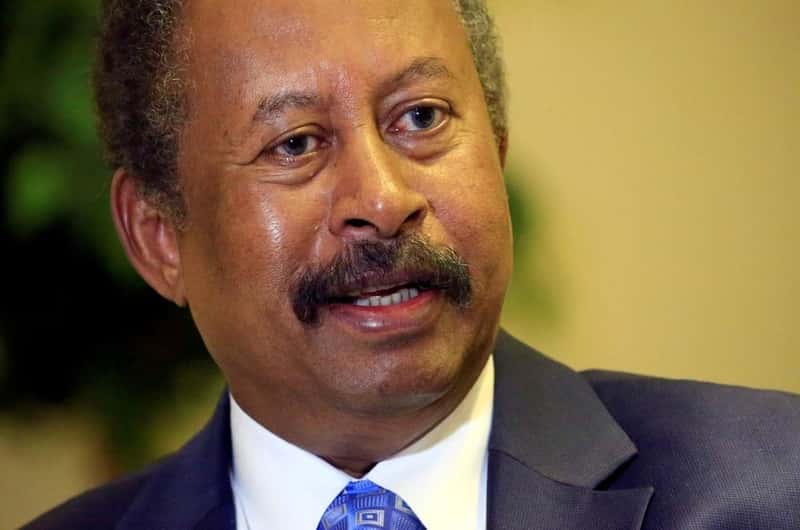×
The Standard e-Paper
Informed Minds Prefer The Standard

Prominent political factions in Sudan have rejected a deal brokered with the help of the United States to take steps to normalise ties with Israel.
The agreement was sealed on Friday in a call between U.S. President Donald Trump, Israeli Prime Minister Benjamin Netanyahu, and Sudanese transitional leaders.